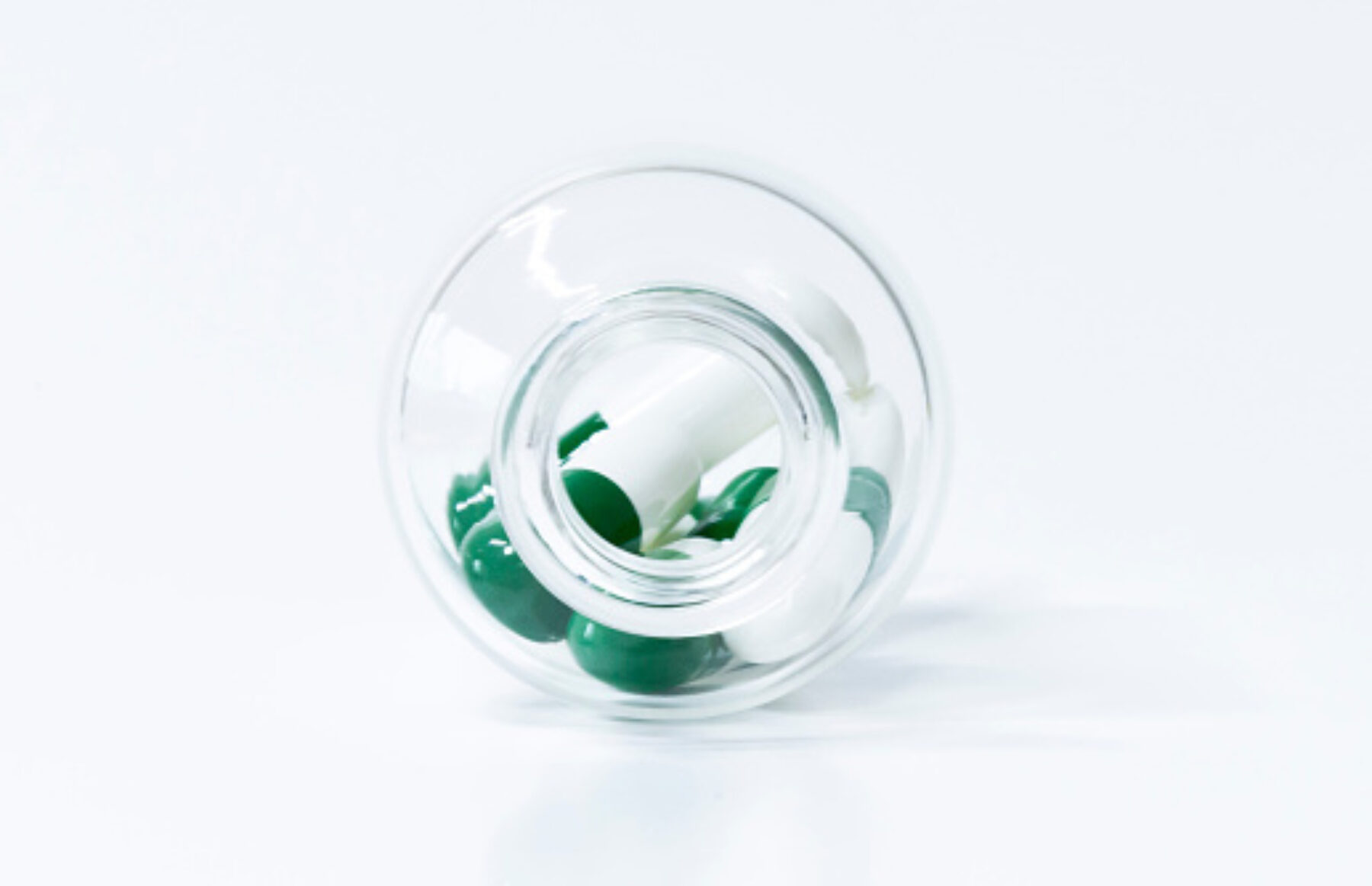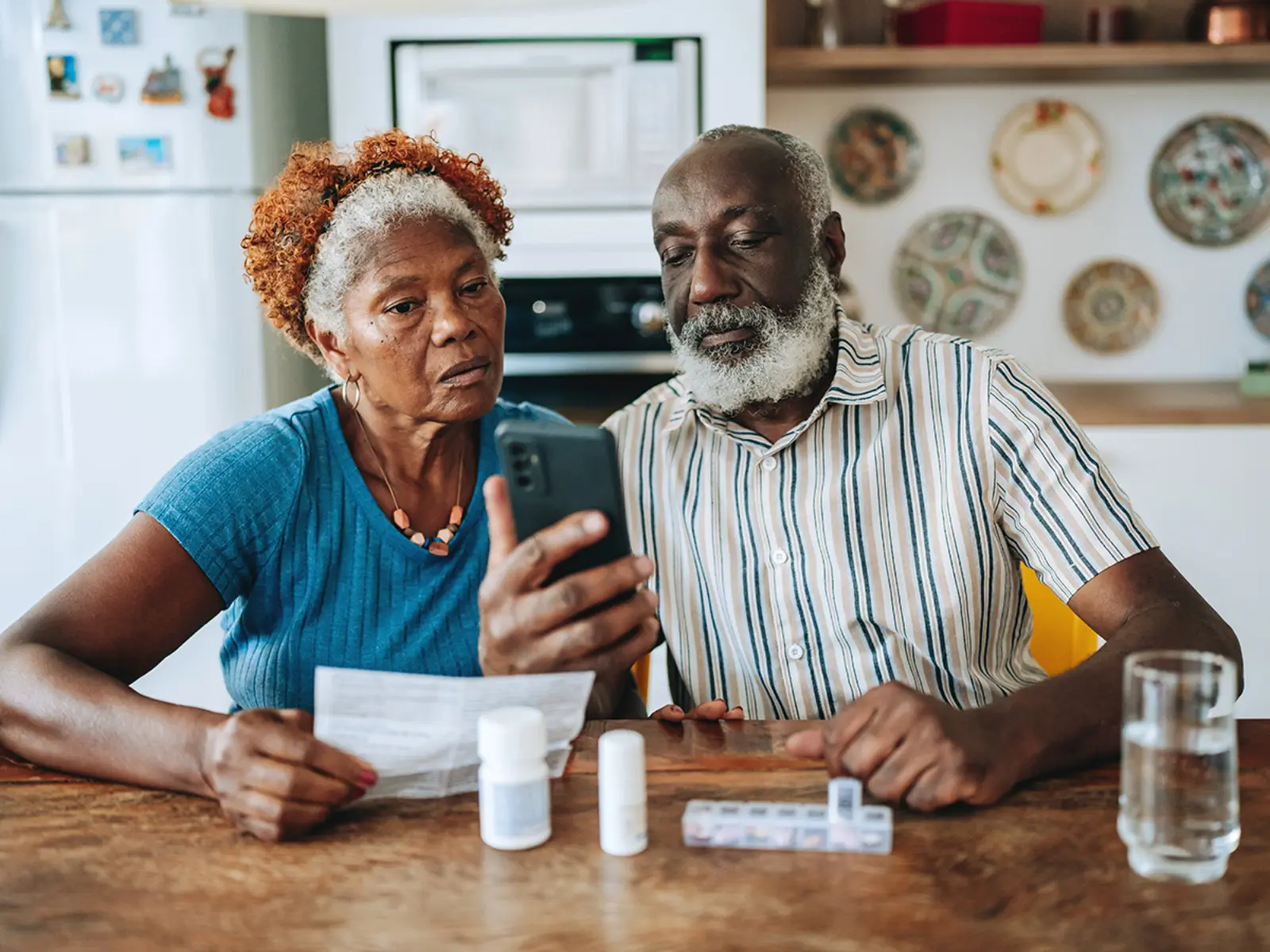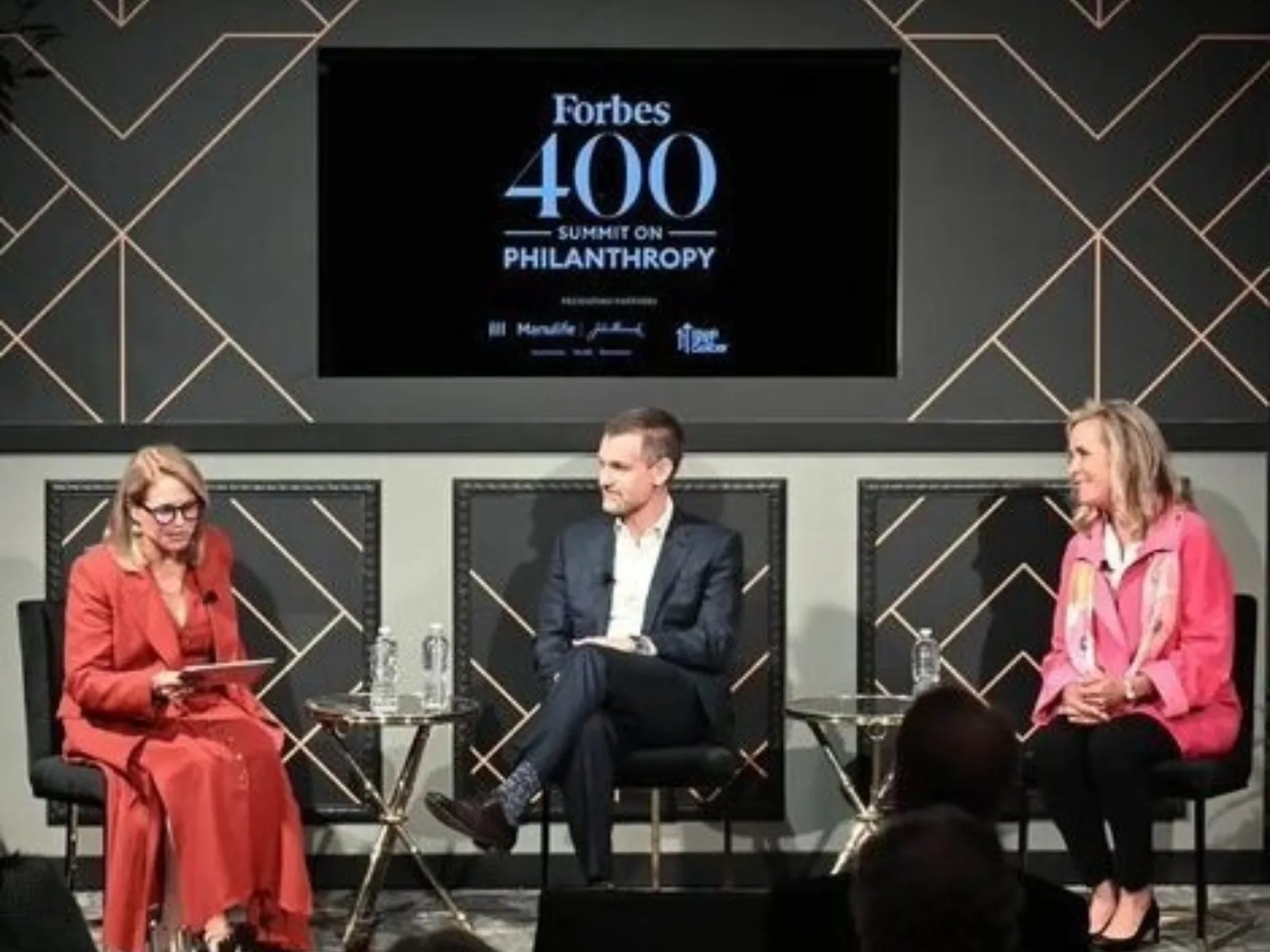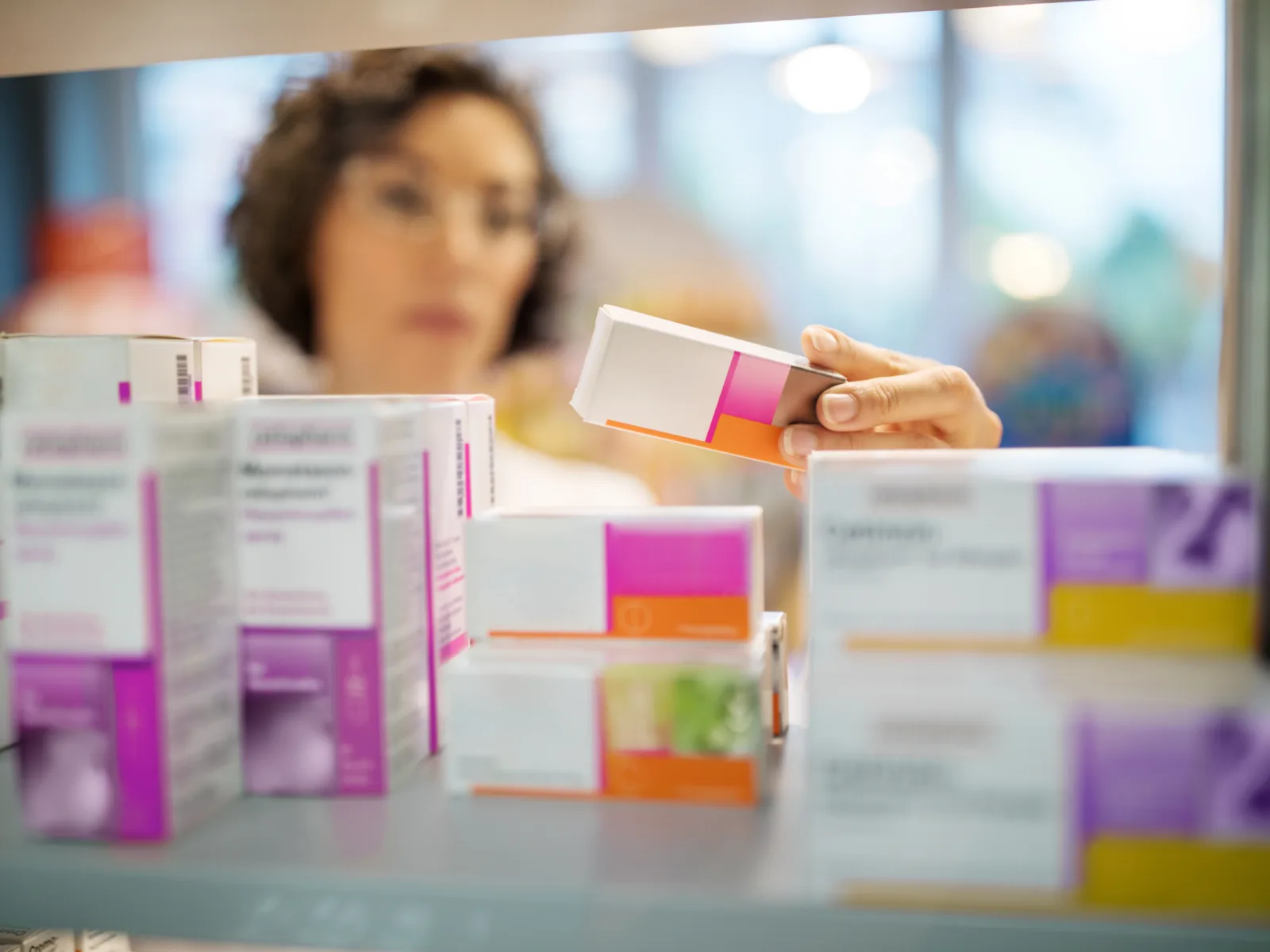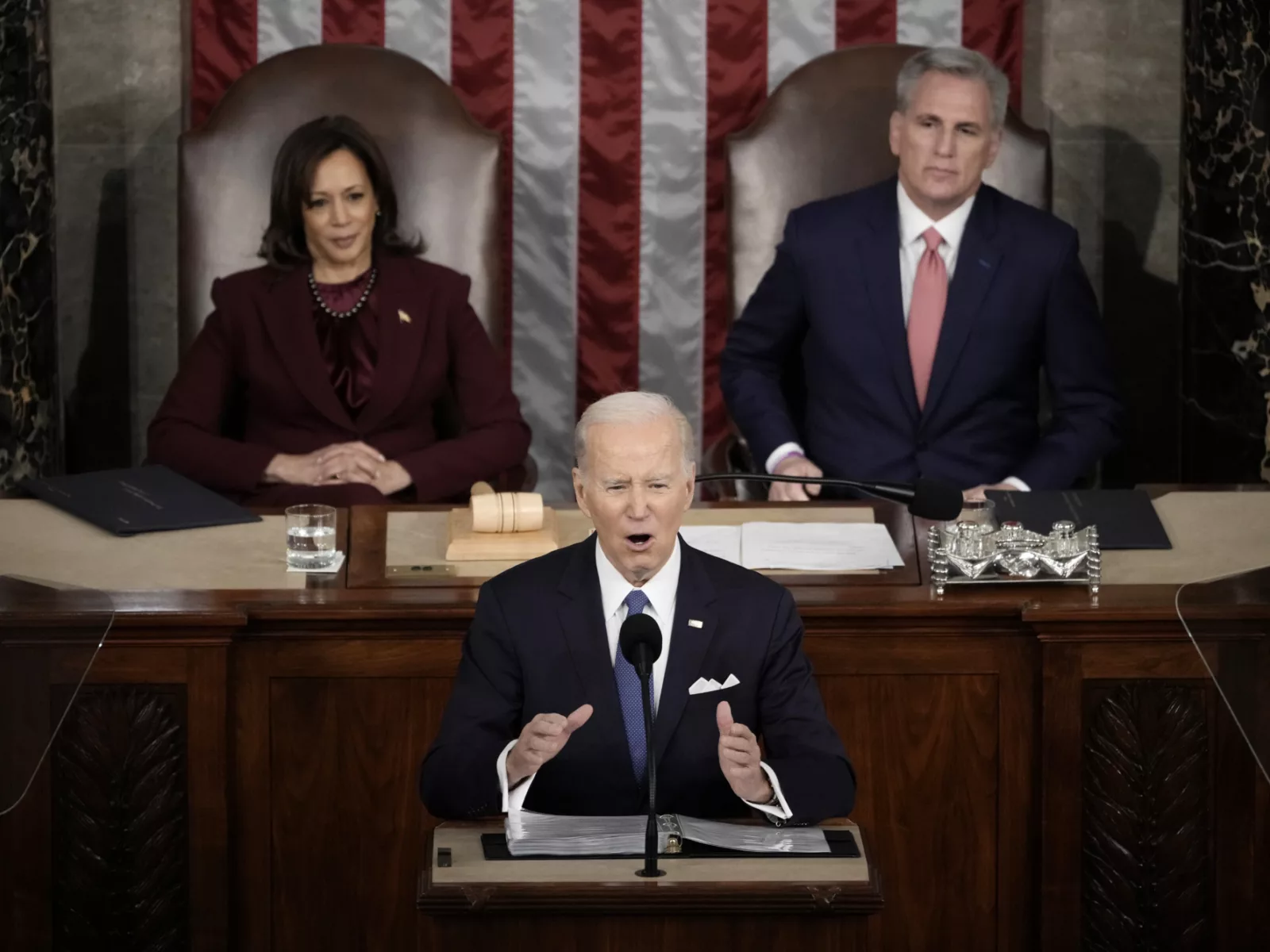In the 11 years since Congress established a pathway to approve biosimilars, the market for the less expensive alternatives to brand name biologic drugs has been sluggish, generating smaller savings than anticipated.
But that may soon change — more doctors are now expressing confidence in the drugs and their willingness to prescribe them. In research released today by NORC at the University of Chicago, a majority of surveyed physicians said they see biosimilars as equally safe and effective as biologics. In addition, seven out of 10 patients surveyed said they would be willing to take a biosimilar if their doctor prescribed it.
The research, funded by Arnold Ventures, brings reason for optimism about the future of the biosimilar market. Acceptance by providers and patients has been a key hurdle to biosimilar uptake given that these drugs cannot yet be substituted automatically by a pharmacist in the same way that less-costly generic drugs can be swapped in for their more expensive brand name counterparts..
In its survey of providers, NORC found that 78 percent of providers now trust that biosimilars are at least as safe and 75 percent believe they are equally effective as their brand counterparts. Eighty-eight percent of providers were somewhat or very likely to prescribe biosimilars to new patients, and 71 percent of patients said they would be fully confident in their doctor’s decision to prescribe a biosimilar.
In Search of Savings
The survey is being released amid a growing debate around high drug prices in D.C. and in state capitols around the country. While stakeholders have offered an array of solutions to control spending and ensure affordability for patients, employers, and taxpayers, one common theme for many of these proposals is to increase competition in the U.S. drug market. Strengthening competition has been shown to lower spending, evidenced by the generic market. Generic drugs now represent 90 percent of all prescriptions dispensed in America and only 20 percent of spending, generating more than $300 billion in annual health system savings.
The savings reaped by the swelling generics market have proven harder to tap in the biologics market. Biologics are complex, often high-cost products, and manufacturers cannot create exact, generic copies to generate competition. To address this issue, Congress as part of the Affordable Care Act in 2010 created a pathway for the approval of what are known as biosimilars — drugs that are highly similar with no clinically meaningful differences from comparable brand biologics.
The savings generated in the 11 years since the pathway was created have been lower than anticipated. Biosimilars are difficult and expensive to develop. Patent abuse and anticompetitive tactics by brand biologic manufacturers have made it difficult to launch biosimilars commercially in the U.S. And complicated contracting arrangements have made it difficult for biosimilars to gain market share once launched. These problems are similar to the American experience with the generics market. Generics were not an overnight success, but they have grown to be a critical feature of our drug market.
Promises and Perils
As researchers and policymakers continue to think through the challenges facing the biosimilar market, and the future of biosimilar uptake, NORC’s research indicates the promises and perils that lie ahead. For example, while providers largely embraced biosimilars as safe and effective, the survey did highlight a key headwind facing the biosimilars market. Both patients and providers expressed skepticism about switching from brand-name therapies to biosimilars and, in particular, policies that would permit automatic substitution of brand biologics with biosimilars. Many patients spend years trying different therapies to find the right one to manage their chronic conditions, which can drive a reluctance to switch to biosimilars.
This represents a “last mile” problem for biosimilar manufacturers. Chronic diseases like rheumatoid arthritis represent a huge potential for health system savings if the market shifts significantly to biosimilars, but these are also the most challenging disease markets to break through because so many patients are stabilized on a brand biologic and are hesitant to switch. Without laws that permit automatic substitution of the branded biologic with a biosimilar, the biosimilar market is heavily reliant on patients initiating treatment for the first time.
The remaining issues with the market are surmountable. Companies developing biosimilars have invested millions of dollars to build the technical expertise needed to create a sustainable and competitive market. Policymakers should support these efforts as well. The U.S. Food and Drug Administration can continue to build educational materials to increase consumer confidence and allow for relevant data from other countries to be used to support a more efficient approval process. Congress and the Administration should pursue reimbursement changes that encourage biosimilar adoption, while also ensuring consumers share in the savings.
The issues holding back the biosimilar market will not be solved overnight, but small changes can add to consumer confidence and ensure that the next decade of the biosimilars market lives up to the promise of the first.

